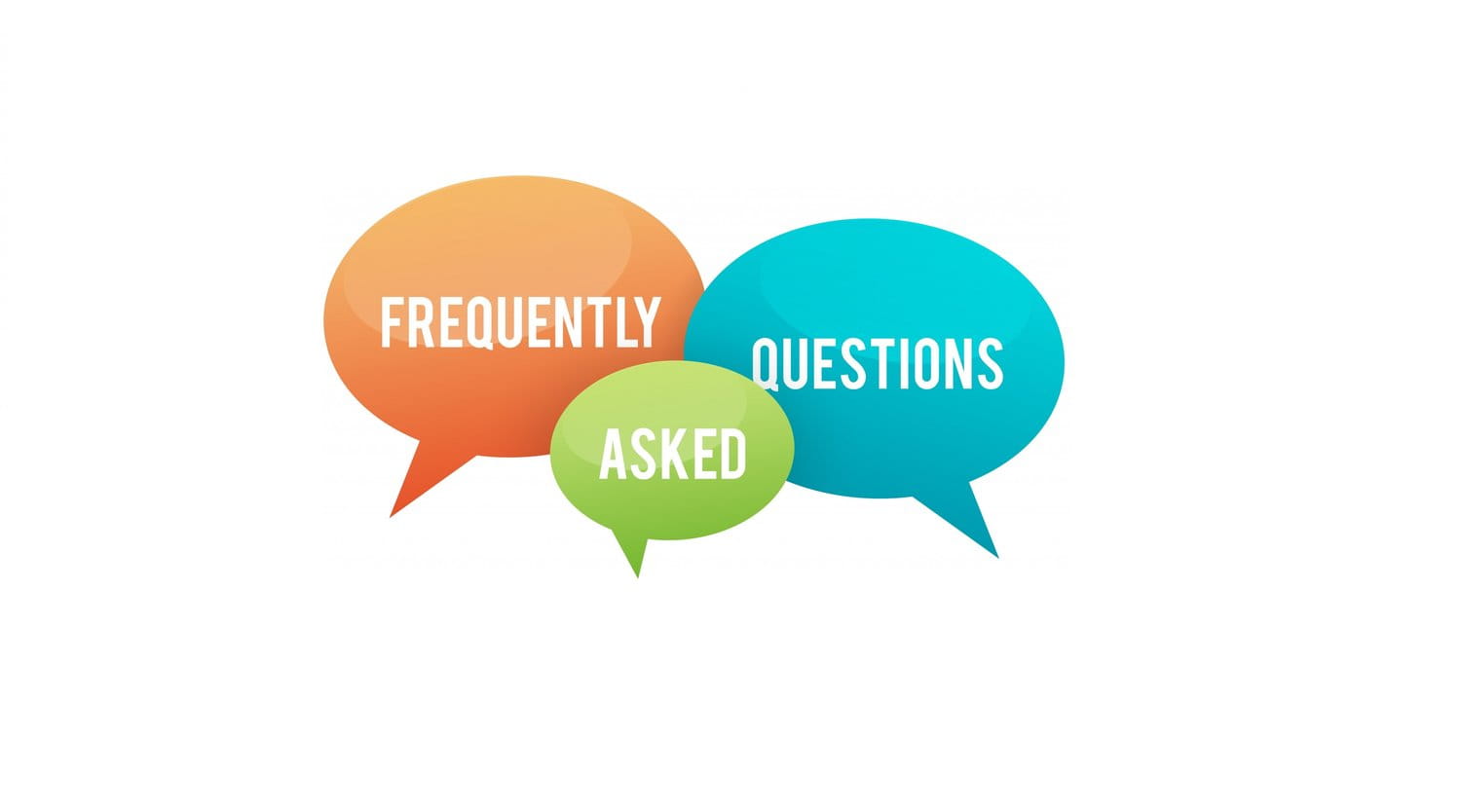Climate crisis, social justice, privacy rights… as people’s expectations change and consumer scrutiny increases, companies must adapt to societal evolutions if they are to remain relevant and grow. Being the closest ones to consumers and the ones responsible for driving brand response, marketers have a critical role in promoting a societal agenda within the organisation – uncovering new growth opportunities at the intersection of marketing and society.
The new reality for brands
People are increasingly questioning their own consumption decisions, not only asking themselves, “What is best for my wallet?” but also, “What is fair for all parties involved?” There is an increasing public consciousness about the power people can have on brands, and about the ability of brands to effect positive change through their marketing dollars.
In light of these societal changes, some brands have doubled down towards social consciousness, some have ‘dipped their toes’ in using their media budgets as ways of influence, and others have so far kept a distance to avoid becoming embroiled in an increasingly polarized conversation. But this later stance is quickly becoming untenable, as scrutiny increases from consumers and employees who do not hesitate to publicly call out internal communications that contradict their own beliefs.
The practical guide to societal responsibility
There is no secret recipe for brands to become socially irreproachable overnight. However, there are some key considerations to drastically improve their societal impact.
- Bring it to the top of your agenda.
Too often, we see societal priorities wrongfully depicted as a thorn in the side of business conduct, whereas they are generators of economic value. - Drive change from the inside out.
Consumers and employees are two sides of the same coin. If you want to be relevant to diverse audiences, you need to see this diversity in your organisation, and empower these multiple voices. - Use empathy as your guiding principle.
Real change requires true self-awareness and empathy. It’s okay to not get everything right if you are genuine in your intent. It is a beneficial journey that brands need to take as they become more responsible. - Be both ambitious and meticulous.
The path to responsibility requires an ambitious strategy, yet one broken down into concrete steps that enable incremental changes all along the journey. A clear framework to measure progress is critical. - Communicate with openness and authenticity.
Document your journey and how you measure your efforts in a very genuine and transparent fashion – including the shortcomings you face. It is an excellent way to build consumer trust.
The critical role of media
There is clear added value in using simple and accessible communications to help overwhelmed consumers sort through the apparent complexity of societal topics. For instance, combining convenience and transparency is a great way to empower people to shop sustainably, as illustrated by the Farmer Connect app that helps consumers easily trace the origin of their coffee.[i]
From a content perspective, brands can provide an open platform to connect with users and influencers on topics such as inclusivity by sharing stories, inspiration and experiences. It’s not only about showing what the brand does well, but about recognising that good ideas can come from anywhere by giving them a voice.
The good news for brands is that they are not alone on this path toward becoming more responsible selves. For instance, dentsu, iProspect’s parent company, pilots DIMPACT, a pioneering tool to manage the media industry’s digital carbon footprint. The DIMPACT web-based tool, created in collaboration with the University of Bristol, calculates the greenhouse gas emissions associated with serving media content, and can therefore be used to help advertisers select lower carbon alternatives as part of their digital media strategy.
-
Marketing has always been about understanding people to deliver the most valuable product and service to them. In an age where people’s rising expectations around inclusivity, privacy, sustainability and transparency intersect with their consumption choices, embedding societal considerations in the company’s strategy is not a distraction to business conduct. It is the essence of marketing – the most powerful growth vector for organisations, today and tomorrow.
[i] Farmer Connect website, as accessed on Feb 26, 2020 - link



